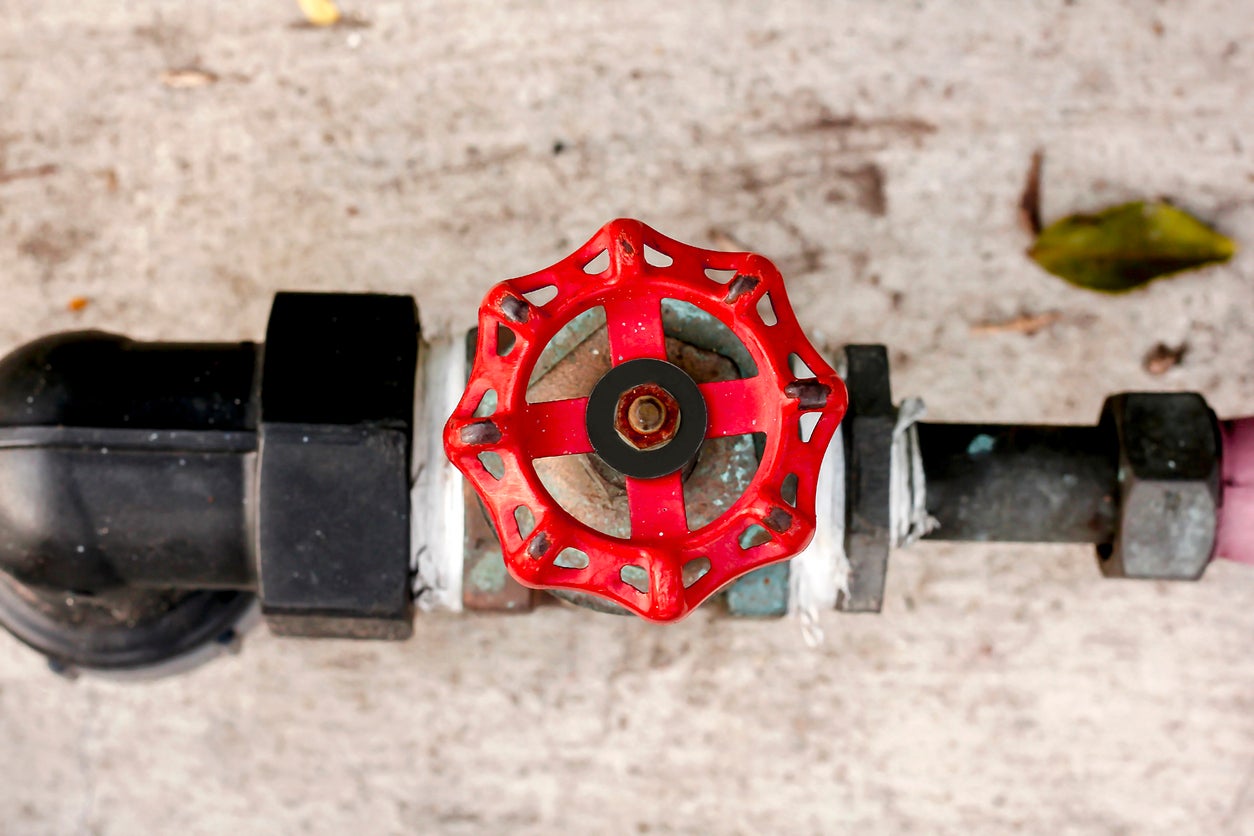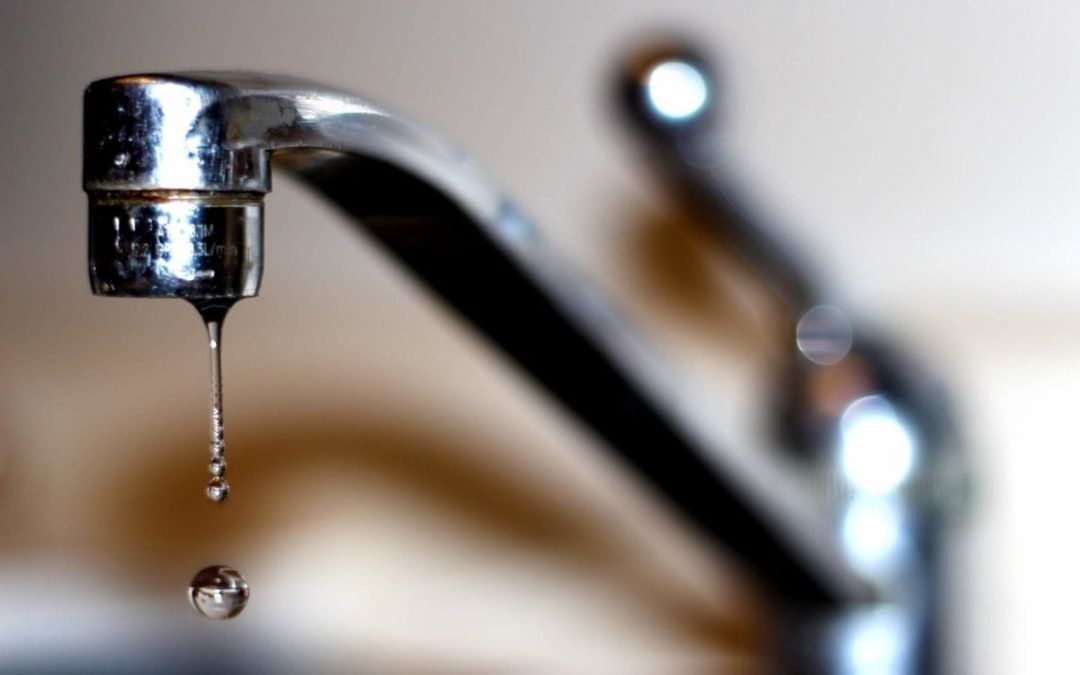How do you really feel when it comes to 10 Reasons for Low Water Pressure in Your House?

Low water stress in your house can be a discouraging trouble, affecting every little thing from showering to washing meals. If you're experiencing weak water circulation, there are several possible reasons and services to explore. In this overview, we'll go over typical factors for low water stress and sensible actions to resolve the problem efficiently.
Intro to Low Tide Pressure
Low tide pressure happens when the circulation of water from your faucets, showers, and other fixtures is weak than typical. This can make day-to-day jobs extra tough and much less efficient. Understanding the sources of low tide pressure is crucial to discovering the appropriate service.
Common Sources Of Low Water Pressure
Pipe Obstructions
Gradually, pipes can end up being blocked with natural resource, debris, or particles, limiting the flow of water. This is a common issue in older homes with galvanized steel pipelines.
Corrosion
Corrosion within pipelines can cause leaks and decreased water stress. Corrosion accumulation can restrict water flow, especially in maturing plumbing systems.
Faulty Pressure Regulators
Stress regulatory authorities are in charge of preserving consistent water stress in your house. If they malfunction, it can lead to low water pressure or irregular circulation throughout the house.
Municipal Supply Of Water Issues
Occasionally, the issue exists outside your home. Municipal water system problems, such as main line leakages or upkeep work, can temporarily minimize water stress in your area.
Just How to Identify Low Water Stress
Examining Faucets and Fixtures
Start by testing the water stress at various taps and components throughout your home. If the problem is isolated to specific locations, it might suggest local issues.
Inspecting Pipes
Examine visible pipes for indications of leaks, corrosion, or clogs. Take notice of any kind of uncommon noises, such as knocking or rattling pipes, which might indicate issues within the plumbing system.
Consulting with a Plumber
If you're incapable to identify the root cause of low water stress, consider working with a professional plumber to carry out a thorough evaluation. They can determine underlying concerns and suggest suitable remedies.
Do It Yourself Solutions to Take Care Of Low Water Stress
Cleaning Up Aerators and Showerheads
Natural resources can collect in aerators and showerheads, minimizing water circulation. Get rid of and cleanse these elements consistently to improve water stress.
Flushing Water Heater
Debris accumulation in the water heater can restrict flow and minimize efficiency. Flushing the container periodically helps remove sediment and preserve ideal efficiency.
Checking Pressure Regulator
Make sure that the stress regulatory authority is working appropriately. Changing or replacing the regulatory authority can help bring back appropriate water stress throughout your home.
Clearing Up Clogs in Pipes
For minor clogs, try making use of a plumbing serpent or chemical drainpipe cleaner to clear blockages in pipes. Be cautious when utilizing chemicals and adhere to security standards.
When to Call a Professional Plumber
If do it yourself efforts fall short to fix the concern or if you suspect significant plumbing troubles, it's best to seek assistance from a certified plumber. They have the know-how and devices to address complex problems safely and successfully.
Safety Nets to Keep Water Stress
Regular Maintenance
Set up regular maintenance for your plumbing system to stop issues such as corrosion, leakages, and obstructions. Attending to small issues early can assist avoid more considerable repair services in the future.
Installing a Stress Booster
Think about setting up a pressure booster pump to enhance water pressure in locations with consistently low flow. This can be especially valuable for multi-story homes or residential or commercial properties with high-demand components.
Tracking Water Usage
Bear in mind water usage habits and prevent overtaxing the plumbing system. Simple changes, such as staggering showers and laundry tons, can assist preserve appropriate water stress.
Final thought
Managing low water stress can be discouraging, but determining the underlying causes and applying suitable solutions can bring back optimal circulation throughout your home. Whether it's cleaning aerators, evaluating pipelines, or speaking with a plumber, taking aggressive steps can ensure a steady supply of water for your day-to-day demands.
FOUR WAYS TO FIX LOW WATER PRESSURE NOW
Turning on a shower or faucet only to find the water comes out in a sad, slow drizzle is never a good feeling. How exactly are you supposed to wash a pan or take a quick shower when it takes 10 minutes just to rinse off a little soap? The good news is that when your water pressure is bad, there's always a cause: typically one that can be easily fixed. Here are some of the most common causes of low pressure and what you can do to fix the issue:
DEBRIS AND MINERAL DEPOSIT BUILDUPS
If you notice low water pressure from just one or two of the fixtures in your house, the problem likely has to do with debris buildup. Water is full of minerals and other debris, all of which can accumulate in your pipes and on your fixtures. This can cause a blockage that affects how much water flows through. To fix this, try filling a small plastic bag with white vinegar, and use a rubber band to hang it around your showerhead or faucet. Let the head of the fixture soak for a few hours, and the vinegar should loosen the deposits.
WATER LEAKS
Leaks are another common cause of low water pressure. If water is flowing out of your plumbing through a hole or crack before it can reach your fixture, the pressure coming out of the faucet or showerhead will be lower. A plumbing professional is your best bet for finding and repairing a leak in your water supply pipes.
Leaks are another common cause of low water pressure. If water is flowing out of your plumbing through a hole or crack before it can reach your fixture, the pressure coming out of the faucet or showerhead will be lower. A plumbing professional is your best bet for finding and repairing a leak in your water supply pipes.
FOUR WAYS TO FIX LOW WATER PRESSURE NOW
Turning on a shower or faucet only to find the water comes out in a sad, slow drizzle is never a good feeling. How exactly are you supposed to wash a pan or take a quick shower when it takes 10 minutes just to rinse off a little soap? The good news is that when your water pressure is bad, there's always a cause: typically one that can be easily fixed. Here are some of the most common causes of low pressure and what you can do to fix the issue:
DEBRIS AND MINERAL DEPOSIT BUILDUPS
If you notice low water pressure from just one or two of the fixtures in your house, the problem likely has to do with debris buildup. Water is full of minerals and other debris, all of which can accumulate in your pipes and on your fixtures. This can cause a blockage that affects how much water flows through. To fix this, try filling a small plastic bag with white vinegar, and use a rubber band to hang it around your showerhead or faucet. Let the head of the fixture soak for a few hours, and the vinegar should loosen the deposits.
WATER LEAKS
Leaks are another common cause of low water pressure. If water is flowing out of your plumbing through a hole or crack before it can reach your fixture, the pressure coming out of the faucet or showerhead will be lower. A plumbing professional is your best bet for finding and repairing a leak in your water supply pipes.
Leaks are another common cause of low water pressure. If water is flowing out of your plumbing through a hole or crack before it can reach your fixture, the pressure coming out of the faucet or showerhead will be lower. A plumbing professional is your best bet for finding and repairing a leak in your water supply pipes.
A VALVE ISSUE
If you have low water pressure throughout your home, check your main shut-off valve to make sure it's completely open. You may also want to see if there's a pressure-reducing valve installed. If there is, have a plumber help you adjust the settings to get the pressure you're looking for.
OTHERS USING WATER
Believe it or not, your low water pressure could be caused by your neighbors. If you notice low pressure at certain times of day, it may be because you and the people living next to you have similar schedules - when everyone is showering at the same time, the pressure will be lower in every home. Low pressure throughout the neighborhood may also be caused by an issue with your municipal water supply. If that's the case, call the supplier to see if they're working on the issue.
https://www.rotorooter.com/blog/water-leaking/low-water-pressure-fixes/

I'm just very interested in and I am assuming you liked the blog posting. Enjoyed reading our content? Please quickly share it. Help other people locate it. Thanks a bunch for being here. Revisit us soon.
Get Offer